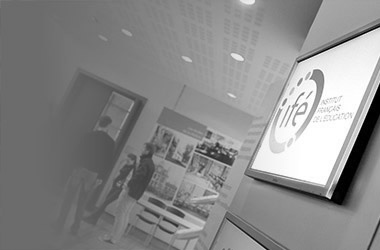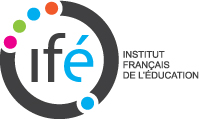
Référence : Boissicat, N., Pansu, P. et Bouffard, T (2020). Does classroom social comparison bias students’ evaluation of their own competence?. Soc Psychol Educ 23, 1303–1326.
Résumé : Overestimation and underestimation of students' own competence result from social comparison in the classroom. There is some evidence that secondary school students compare their results with those of one or two same-sex others who perform slightly better than themselves. The first objective of this study was to replicate these findings among younger students (9-11 years old) in mathematics and language arts (French). The second objective was to consider the identification with the target as a moderator factor, because findings have been divergent regarding the positive or negative influence of social comparison on students' academic self-evaluation. We expected firstly that absolute upward comparison to be beneficial for students' self-evaluation bias of competence provided they identified with their upward target. Secondly, we expected their perception of their target's competence (relative comparison) to contribute to students' self-evaluation bias of competence and to be negatively related to it. The results indicated a tendency to compare upward and revealed that absolute upward comparison was positively related to the students' self-evaluation bias of competence in mathematics and French. This relationship was stronger when the students identified with their upward target. In contrast, relative comparison was negatively related to their self-evaluation bias of competence in mathematics and French. To sum up, these results reveal the need to consider identification with the comparison target when studying the relationship between social comparison and academic self-evaluation and to consider relative and absolute comparison simultaneously in order to bring out the full contribution of social comparison in the classroom.


